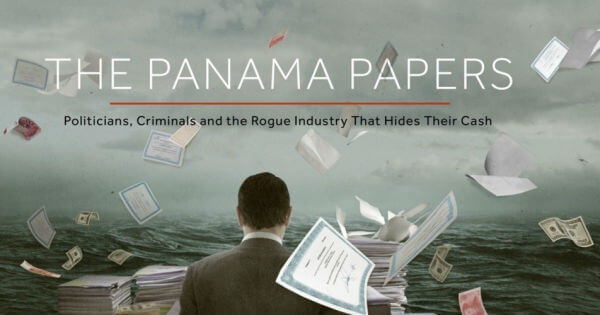Trump didn’t know about Flynn’s conversations about sanctions with Russia’s ambassador and neither did Pence. Flynn himself can’t remember, and the FBI and intelligence agencies listening in couldn’t decipher the true significance of what may or may not have been said. It’s all a deep, deep, mystery.
It’s Friday. Surely by Monday the media will also have forgotten about this story.
CNN reports: President Donald Trump said Friday afternoon he was unaware of reports that his national security adviser, Michael Flynn, may have spoken about sanctions with the Russian ambassador before the inauguration.
Trump, speaking to reporters aboard Air Force One, said he will “look into that.”
A US official confirmed to CNN late Friday afternoon that Flynn and the Russian ambassador, Sergey Kislyak, did speak about sanctions, among other matters, during the call.
The context of Flynn’s side of the conversation wasn’t clear, even to the FBI and intelligence agencies that reviewed the content, and there’s nothing to indicate that Flynn made any promises or acted improperly in the discussion.
Flynn cannot rule out that he spoke to Kislyak about sanctions, an aide close to the national security adviser said earlier Friday.
Flynn, the aide said, has “no recollection of discussing sanctions,” but added that the national security adviser “couldn’t be certain that the topic never came up.”
Earlier Friday, a senior White House adviser told CNN that Vice President Mike Pence did not know that Flynn may have discussed sanctions in the December conversation and believes “it’s a problem.”
Three administration officials said Pence only knew what Flynn told him — that he had not talked about sanctions — before Pence stood before cameras last month and vouched for Flynn. One official said Pence was trying to “get to the bottom of it,” and two senior administration officials said Pence was “very intentional” in asking Flynn about his communication with the Russians before speaking to the media.
A source with knowledge of the situation told CNN the only reason Flynn hasn’t been fired is that the White House doesn’t want to look bad. Adding to Flynn’s problems, the source said, is that this latest revelation reflects poorly on Pence. [Continue reading…]
Indeed, it is of the utmost importance that Trump and those around him maintain their flawless reputations.


